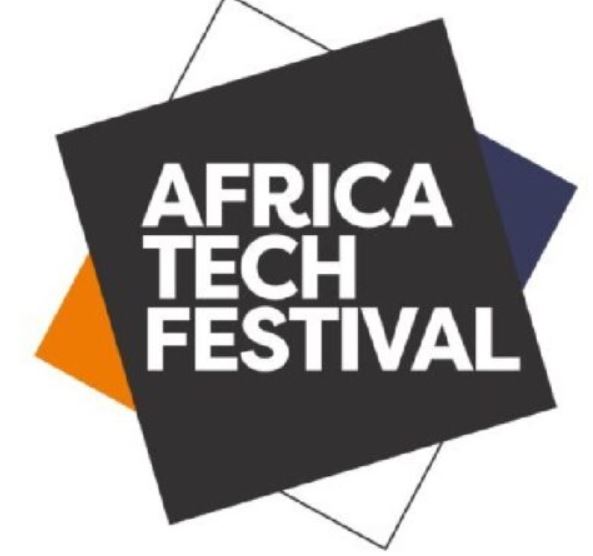The 25th Africa Tech Festival took place in Cape Town in South Africa after a two-year physical absence due to the COVID-19 global lockdowns. The f
The 25th Africa Tech Festival took place in Cape Town in South Africa after a two-year physical absence due to the COVID-19 global lockdowns.
The festival was officially opened by James Williams, Director, Events, Informa Tech, who remarked that: “During these 25 years, the event has evolved to ensure we remain the continent’s largest and most influential tech event and to tell the story of continued growth and frontier technologies, and how African innovation is tackling some of the globe’s biggest challenges.
“AfricaCom and AfricaTech came together as a festival in 2018 and continue to explore connectivity, infrastructure, and telco evolution. And with this evolution to a festival, we’ve also worked this year, more than any other, to integrate some of the stories around culture, sport, music, and entertainment that make the continent such a diverse and unique place to work.”
Africa Tech Festival
Adding to Williams’ comments on the growth of the event and its legacy, and officially welcoming delegates to the 2022 event, Deputy Minister of the Department of Communications and Digital Technologies, Republic of South Africa, the Hon Mr Philly Mapulane, remarked on the value of the event’s capacity for bringing people together and encouraging tech investment in South Africa and the region.
Africa Tech Festival is a hub for business and in one of the first deals to be signed during the event, the European Investment Bank concluded a USD10million agreement with Bandwidth and Cloud Services Group (BCS), backing the roll out of eastern DRC telecom connectivity. The deal is the first EIB Global quasi-equity investment and will back expansion of fibre-optic network to 2.5 million people, as well as provide high-speed connectivity to 319 schools and 70 hospitals. This will fund 1250km of fibre infrastructure out of the 20 000kms BCS is looking to build over the next three years in Eastern, Southern, and central Africa.
Reaffirming its commitment to helping Africa digitise its economy, Leo Chen, Huawei president of the southern Africa region, emphasised the three major elements of digital transformation: digital infrastructure, digital services, and digital skills.
“If we do these three things well, we can connect the unconnected people and businesses, fully unleash digital productivity and develop the digital economy, no matter what its definition is,” he said. Mr Leo also shared data that shows how the digital economy in sub-Saharan Africa, is growing faster than the region’s GDP.
Fadi Pharaon, Ericsson shared mobility trends that the company has seen of late key of which, has been the rapid uptake of 4G across the territory, with sub-Sahara reporting a staggering 26% increase alone. 4G devices have also made a giant leap forward, in many instances surpassing the number of 3G devices, this is thanks in part to lower prices of entry level mobile models but also the growing market for refurbished smartphones. Pharaon also noted that: “another enabler which will accelerate 4G adoption, are regulatory initiatives to make more spectrum available for key markets. Now we all know that this is the foundation of the telecoms industry.”
Africa Tech Festival is a confluence of enterprise and the all-important start-up sector, and the AHUB, which has grown in prominence and scale over the last few years, was no exception today. Tomiwa Aladekomo, Tech Cabal Media, and Chair of the AHUB Start-up stage, observed how: “Start-ups have provided some of the most important economic growth, foreign direct investment, and job opportunities across the continent over the last few years. Today, there is a global recession that is challenging some of the fastest growing tech companies globally and that challenge is also affecting the capital available for African start-ups to grow. It’s a challenging period, but start-ups will remain a critical growth engine.”
Delegates were treated to insights from Philip Kiracofe, CEO of Startupbootcamp AfriTech on supporting start-ups to foster innovation, and Theran Knighton-Fitt, Co-Founder and Chief Humanising Officer · Mygrow, regarding how culture, properly harnessed can make a start-up more human and more innovative.



COMMENTS